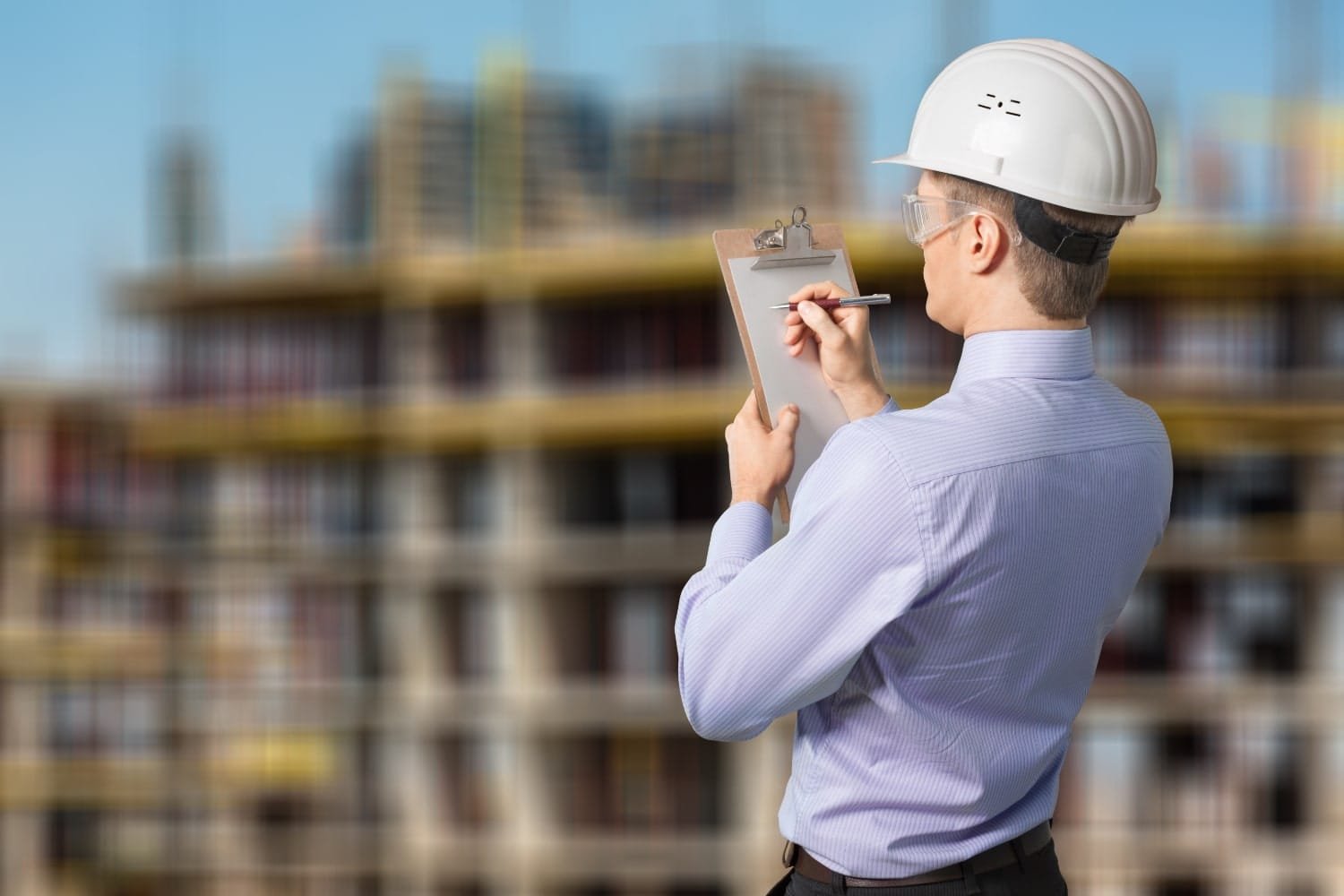Meta Description:
Discover the key steps, challenges, and best practices for successful commercial construction projects. Learn how to navigate planning, budgeting, permits, and execution for commercial buildings in Chicago, Illinois, and Indiana.
Introduction to Commercial Construction Projects
Commercial construction projects play a crucial role in shaping modern cities, providing essential infrastructure for businesses, institutions, and communities. Whether it’s an office building, retail center, hotel, or industrial facility, these projects require meticulous planning, skilled execution, and strategic coordination.
In this guide, we’ll explore the key elements of commercial construction, from project inception to completion. We’ll cover best practices, common challenges, and tips for successfully managing commercial builds in Chicago, Illinois, and Indiana.
What Is a Commercial Construction Project?
A commercial construction project refers to the development, renovation, or expansion of structures intended for business or institutional use. These projects differ from residential construction due to their scale, complexity, and regulatory requirements.
Some common types of commercial buildings include:
- Office buildings (corporate headquarters, business parks)
- Retail spaces (shopping malls, strip centers, standalone stores)
- Industrial facilities (warehouses, factories, distribution centers)
- Hospitality structures (hotels, resorts, restaurants)
- Healthcare facilities (hospitals, clinics, medical offices)
- Educational buildings (schools, universities, training centers)
Key Phases of a Commercial Construction Project
A successful commercial construction project follows a structured process that includes planning, design, permitting, construction, and post-construction activities.
1. Pre-Construction Planning
This is one of the most critical phases, where feasibility studies, budgeting, and project planning take place. Steps in this phase include:
- Site selection and feasibility analysis – Assessing the land for suitability, zoning regulations, and environmental impact.
- Budgeting and financial planning – Estimating costs for materials, labor, permits, and contingency funds.
- Hiring key professionals – Engaging architects, engineers, and general contractors.
- Creating project timelines – Establishing realistic schedules for each phase of construction.
2. Design and Engineering
Once planning is complete, the architectural and engineering teams work on the project’s design. This includes:
- Conceptual design – Establishing the building’s layout, appearance, and purpose.
- Structural and MEP engineering – Ensuring the integrity of mechanical, electrical, and plumbing (MEP) systems.
- Sustainability and compliance – Designing for energy efficiency, ADA compliance, and safety standards.
3. Permitting and Approvals
Every commercial construction project must comply with local building codes, zoning laws, and safety regulations. Key steps include:
- Submitting construction plans to local authorities
- Obtaining zoning permits and environmental clearances
- Complying with OSHA and fire safety codes
In cities like Chicago, Illinois, and Indiana, specific permit requirements vary, and working with experienced general contractors can streamline the approval process.
4. Construction Execution
Once permits are obtained, the actual construction begins. This phase involves:
- Site preparation – Clearing, grading, and excavation.
- Foundation and structural work – Pouring concrete, steel framing, and assembling major components.
- MEP installations – Installing HVAC, electrical, plumbing, and fire protection systems.
- Interior and exterior finishing – Completing flooring, walls, windows, and roofing.
5. Post-Construction and Handover
After construction is complete, final inspections and certifications ensure the building is ready for use. This includes:
- Quality control and final walkthroughs
- Building commissioning – Ensuring all systems function properly.
- Tenant or owner occupancy – Delivering the finished project to clients.
Challenges in Commercial Construction and How to Overcome Them
1. Budget Overruns
Solution: Effective cost estimation, contingency planning, and regular financial tracking can help prevent excessive expenses.
2. Project Delays
Solution: Proper scheduling, proactive risk management, and strong communication with stakeholders reduce the risk of delays.
3. Labor Shortages
Solution: Partnering with skilled general contractors and subcontractors ensures a reliable workforce.
4. Regulatory Compliance
Solution: Engaging local experts in Chicago, Illinois, and Indiana helps navigate permitting, zoning, and safety requirements.
5. Material Supply Chain Disruptions
Solution: Diversifying suppliers and planning ahead mitigate risks related to material shortages.
Best Practices for a Successful Commercial Construction Project
1. Choose the Right General Contractor
A reputable general contractor with experience in commercial projects can streamline construction, handle permits, and manage labor efficiently.
2. Prioritize Sustainability
Green building practices, energy-efficient materials, and smart technology integration enhance long-term value.
3. Maintain Clear Communication
Regular project updates, stakeholder meetings, and digital project management tools improve coordination.
4. Plan for Future Expansion
Designing commercial spaces with scalability in mind ensures long-term usability.
5. Conduct Regular Quality Inspections
Frequent on-site inspections help maintain construction quality and safety standards.
Future Trends in Commercial Construction
The commercial construction industry is evolving, with new trends shaping the future of projects. Key trends include:
1. Smart Buildings and Automation
IoT technology, AI-driven security systems, and smart lighting improve efficiency and security in commercial buildings.
2. Modular and Prefabricated Construction
Prefabrication reduces waste, speeds up project timelines, and enhances construction quality.
3. Sustainable and Green Building Practices
LEED-certified buildings, renewable energy integration, and eco-friendly materials are becoming standard in commercial projects.
4. Digital Twin Technology
Using real-time digital replicas of buildings improves maintenance, safety, and operational efficiency.
5. Adaptive Reuse of Buildings
Converting old buildings into modern commercial spaces promotes sustainability and cost savings.
Conclusion: Partner with Experts for a Seamless Commercial Construction Project
Commercial construction projects require meticulous planning, experienced professionals, and strong execution strategies. Whether you’re building an office tower, retail center, or industrial facility in Chicago, Illinois, or Indiana, working with trusted general contractors like VMC Group ensures your project is completed on time, within budget, and to the highest quality standards.
Are you planning a commercial construction project? Contact us today to discuss your vision and get expert guidance from our experienced team!



